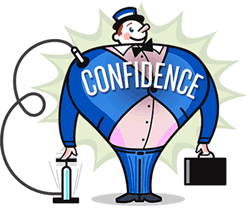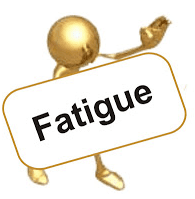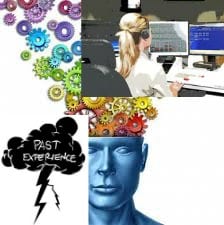Three types of stress
In this article, we discuss three types of stress: Acute stress, episodic acute stress, and chronic stress. First responders can, and often do, experience all three. Stress can impact firefighter situational awareness and, equally concerning, stress can have devastating long-term impacts. As I was writing this article I recalled various times during my thirty years […]
Three types of stress Read More »










